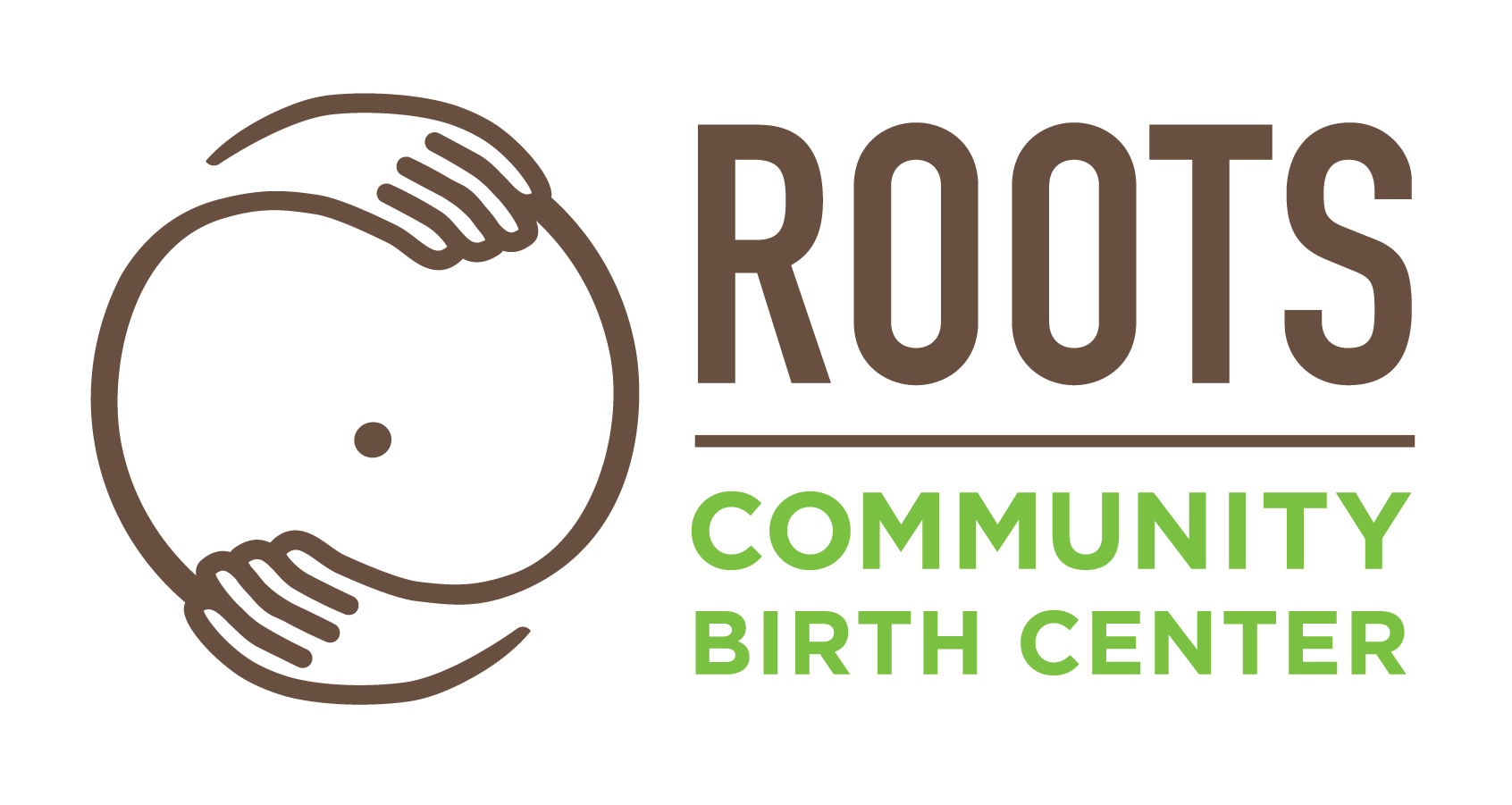Prenatal Genetic Screening: Unity Screen
Prenatal Genetic Screening in Minneapolis: 5 Reasons to have UNITY Screen at Roots
Did you know that DNA is a set of genetic instructions that tell our bodies how to grow and develop? These directions reside in small packages called genes, which perform certain tasks in the body. In addition, we have chromosomes, or genes that bundle together.
When you’re pregnant, the fetus has its own set of DNA. Sometimes, mutations occur in the baby’s genes or chromosomes, and these changes can impact your little one’s health. Many parents like to know as much as possible as their baby’s development and opt for genetic prenatal screening.
If you’re pregnant and are looking for prenatal genetic screening in Minneapolis, Roots Community Birth Center is here for you. We are now offering UNITY Screen, which assesses potential changes in your baby's genes and chromosomes using pregnancy-related DNA floating in your bloodstream. In this blog, we’re explaining UNITY Screen and sharing five benefits of having your screening at Roots.
What is UNITY Screen?
UNITY Screen is a non-invasive prenatal screening that uses a single blood sample drawn from the pregnant parent’s arm. It sequences small fragments of DNA related to your baby that made its way from the placenta into your bloodstream. This information:
Identifies if you are a carrier for common recessive conditions. If so, the screen will assess your baby's risk to be affected with these inherited condition(s) using the same blood sample.
Assesses your baby’s risk for common chromosome conditions, for which all pregnancies have a small risk. Aneuploidies occur when a fetus has extra or missing chromosomes. This usually happens randomly with no family history.
Determines the Baby’s RhD status if you are RhD-negative. RhD factor is a protein that most people have on their red blood cells, making their blood type RhD+. If you don't have it, your blood type is RhD-. When you are RhD- and carrying an RhD+ baby, your immune system may develop antibodies to the baby’s blood cells. These antibodies can cross the placenta and create health problems for the baby.
Why Should Pregnant People Have UNITY Screen?
UNITY Screen is the first and only blood test that can screen your baby for the most common and severe genetic conditions. Learning about your baby’s risk for these conditions early can have a big impact on your pregnancy, delivery, and the baby’s health outcome.
Babies are screened for all of these conditions on the Minnesota Newborn Screening, but finding out early helps improve maternal and child outcomes and gives patients a lot more options.
Who is Eligible for Unity Screen at Roots?
Anyone who is at least 10 weeks pregnant is eligible for UNITY Screen. If you are a current Roots client, we will discuss the screening with you during the first trimester.
In addition, pregnant people in the community who are not Roots clients can have screening done by making a prenatal genetic screening appointment. This means folks seeing any maternity provider and planning to give birth anywhere can come to Roots just for a 30- to 60-minute appointment to have the lab collected.
5 Reasons to Have UNITY Screen at Roots
The Screening Process is Simple
All it takes is a blood draw from your arm! One of our midwives will draw your blood and send the sample to the lab. It’s not necessary to collect a blood sample from your partner.
UNITY Screen is Comprehensive
UNITY Screen assesses your baby’s risk for the following conditions:
Cystic fibrosis
Spinal muscular atrophy
Sickle cell disease
Alpha and beta thalassemia
Trisomy 21 (Down syndrome)
Trisomy 18 (Edwards syndrome)
Trisomy 13 (Patau syndrome)
Sex chromosome aneuploidy
Processing is Quick
You’ll have your results in just 1-2 weeks! When your results are ready, you’ll receive a text with a link to view the results in the UNITY Patient Portal. A copy of your report then goes to your provider(s) to review. You can also download your report from the portal and provide a copy to your prenatal provider if you wish.
UNITY Screen is Accessible
All insurances, including Medicaid, are accepted, and financial assistance is available. After processing your sample, UNITY Screen will file a claim with your insurance. You’ll receive an Explanation of Benefits (EOB) from your insurance company. After the claim is finalized, UNITY will send you a statement for any copay or deductible, if applicable. If you owe anything, UNITY will contact you to go over their financial assistance program.
Support is Available
Most fetal results will be low risk. UNITY is a screening and not a diagnostic test. Any high-risk result should be followed up with a diagnostic test, such as amniocentesis. If your result is high-risk, your provider will go over the result and offer follow-up testing options. There are many things you can do to prepare for the birth of your baby. For certain conditions, treatment may start during pregnancy or right after birth.
Complimentary genetic counseling is available before or after taking the test. UNITY’s board-certified genetic counselors can guide you through the process.
Bonus: You can find out the baby’s sex.
While we certainly do not promote prenatal genetic screening as a way to learn the sex of your baby, it’s definitely a bonus! Because UNITY screening looks at chromosomes, it will reveal whether your baby has XX or XY chromosomes. Of course, if you want to be surprised, that’s totally OK! UNITY can hide the baby’s biological sex from your results.
To make a prenatal genetic screening appointment, call the Roots front desk at 612-338-2784.

